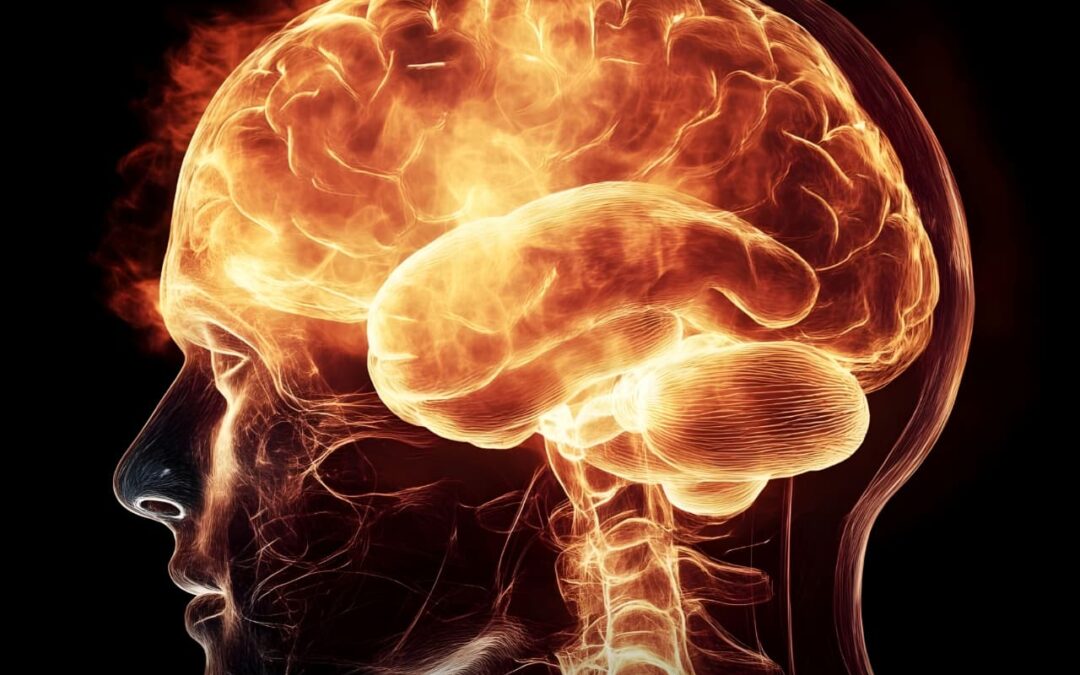Setbacks make you stronger. Your brain
adapts and recovers faster with every new challenge.
It’s a biological reality. Here’s the science.
Scientists have identified a “comeback circuit” that governs how
effectively we recover from setbacks, involving the ventromedial
prefrontal cortex (VMPFC) and the salience network.
This biological process works through neuroplasticity, where
stress and challenge trigger the formation and reinforcement of
neural pathways. Each time a person bounces back from
difficulty, their brain quite literally rewires itself, enhancing its
ability to adapt, regulate emotions, and regain balance more
efficiently in the future.
The VMPFC plays a critical role in emotional regulation and
decision-making under stress, while the salience network helps
prioritize emotional and sensory information, especially during
high-stress moments. When activated by a challenge, these
regions collaborate to manage the response and initiate
recovery.
With each successful recovery, this circuit becomes more robust
-akin to building mental muscle memory.
This means that resilience isn’t just about staying positive; it’s a
skill your brain strengthens with practice, leading to faster and
more effective comebacks over time.
source
Puderbaugh M, Emmady PD. Neuroplasticity. National Library of
Medicine. [Updated 2023 May 1]. StatPearls: StatPearls
Publishing

